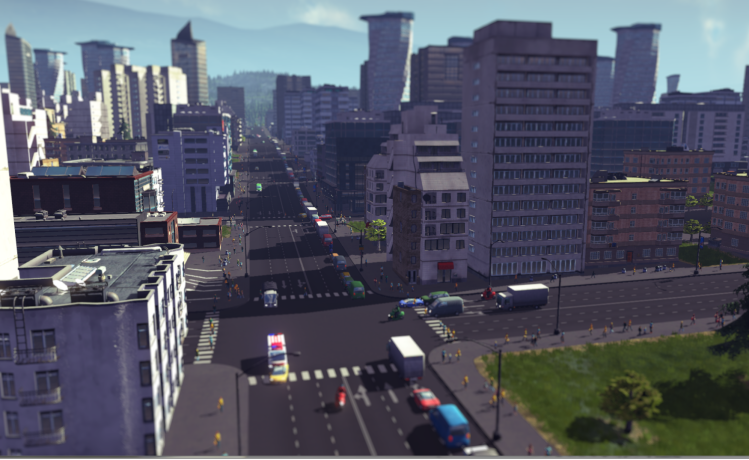Find a void in the market and fill it: That’s how this whole capitalism thing works, and that’s exactly how publisher Paradox Interactive found itself with its fastest-selling game ever.
Paradox and developer Colossal Order launched Cities: Skylines for PC yesterday, and the town-building simulator has already surpassed 250,000 copies sold. That is the fastest any Paradox release has reached that milestone, and it shows that the genre of managing a municipality still has a hungry audience.
“We would like to offer our deepest and heartfelt thanks to the community for their passionate support,” Paradox chief executive officer Fredrik Wester said in a post on the company’s website. “And [we want] to let them know that we are committed to supporting this wonderful game for years to come, in the same way that we have for our Crusader Kings and Europa Universalis communities. We knew that we had a great game on our hands and so to be able to continue to provide fans of the game with a multitude of new content for it going forward is fantastic.”
Fans of city-building used to flock to developer Maxis’s SimCity franchise, but many people have turned away from that series after the latest release. That game, from publisher Electronic Arts, featured an always-online requirement, limited city sizes, and computer-controlled citizens that made questionable decisions — and players were not happy with it. But now Paradox and Colossal are capitalizing on EA’s fumble by making a city game that is more SimCity than the last SimCity.
The strong sales for Cities: Skylines is also a big win for fans of these kinds of releases on PC because EA recently closed a Maxis studio responsible for SimCity. This made it pretty clear that EA wants to instead focus on its recently released mobile entry in the series, SimCity BuildIt. The company has poured resources into that free-to-play take, and it has even recently started a television ad campaign to attract new players.
But city-building games started on PC, and while EA could be pulling away from that market after getting burned, Paradox is reaping the benefits of making something that people want to play.
VentureBeat's mission is to be a digital town square for technical decision-makers to gain knowledge about transformative enterprise technology and transact. Learn More

